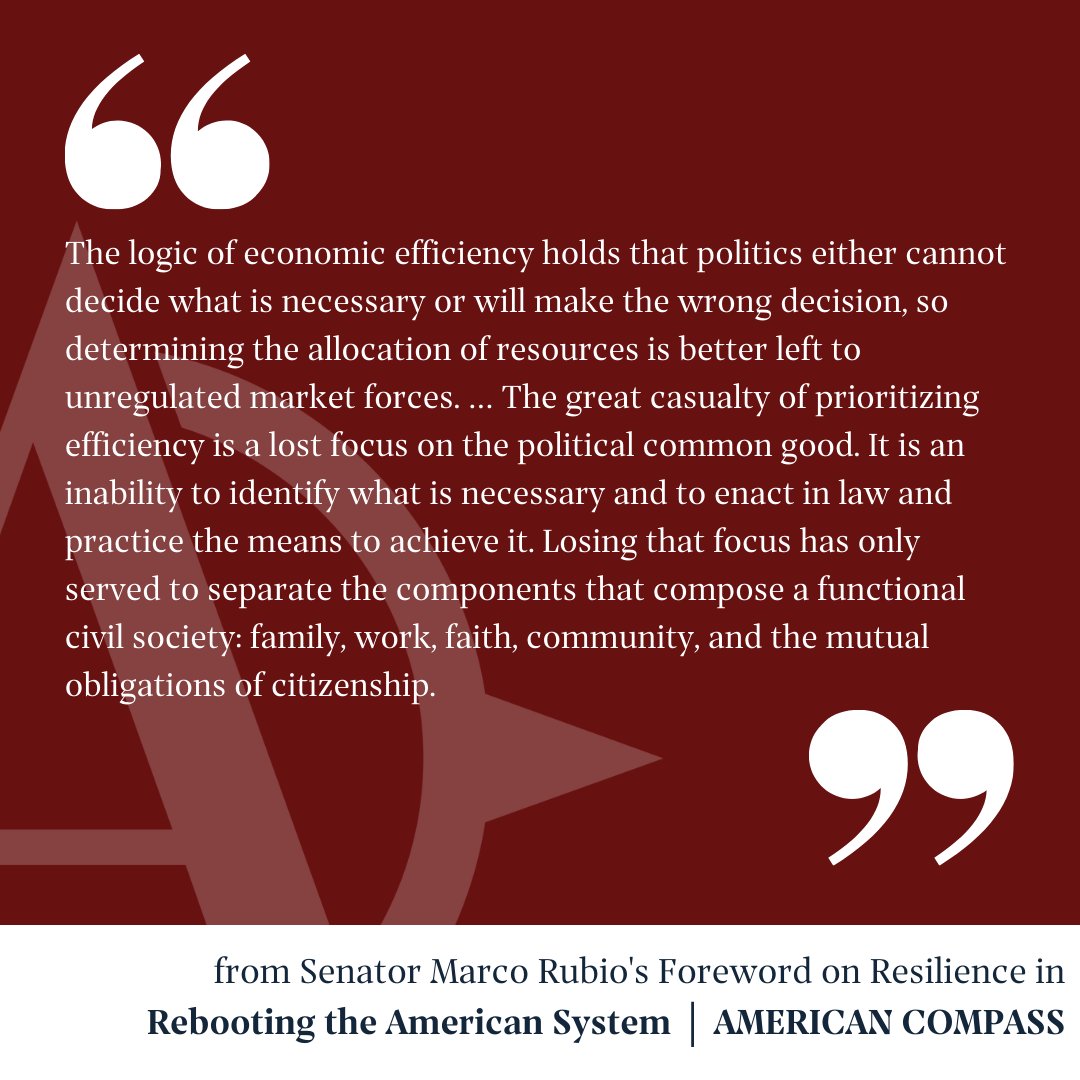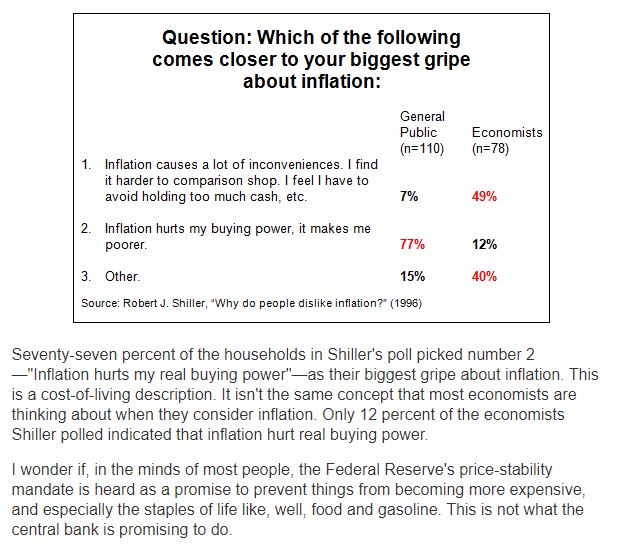
1/ Diving into the family-benefit debate, @wellscking and I are out with a new paper and proposal @AmerCompass today: The Family Income Supplemental Credit. We believe this keeps the best of child allowance proposals while addressing their flaws. 🧵americancompass.org/essays/the-fam…
2/ We argue that an effective family benefit should be designed as an expansion of the social compact and a form of social insurance, helping working families face the costs of child-rearing at a time when they are ill-prepared for it financially. 

3/ By contrast, we should not consider "just send everyone money" an effective anti-poverty policy for non-working families. It's not the right way to address poverty, and it erodes important economic and social linkages between income and work. 

4/ What we propose is conditioning receipt of a per-child income supplement on having worked the prior year, by capping payments at prior year's household earnings. So even a single parent working part-time at minimum wage could typically receive the full benefit. 

5/ There are a number of advantages to this design, for instance: it buffers against income shocks like job loss, it rewards marriage, it maintains a safety net for those who cannot work that is oriented toward helping people get back on their feet. 

6/ Conceptually, our proposal helps clarify the terms of the debate. Are you against sending money to families, full stop? Do you think everyone should get money unconditionally? Or, like us, do you think there is a balance that can and should be struck?
7/ A great example is @ezraklein's column today, which leads with a single mother taking on a second low-wage job. He implies there are two options: applaud that as ideal, or create a benefit that ignores work entirely. Why are those the choices? nytimes.com/2021/02/18/opi…
8/ We say instead: yes, someone in the household should be working, but if the benefit helps make ends meet, and prevents the need for the single mother to work two jobs, that can be good news too. We should say neither "work or don't, whatever," nor "we just do tax cuts."
9/ This approach delivers on important conservative priorities while also addressing conservative concerns: it doesn't discourage work or encourage dependence, undermine vital safety-net programs, commodify parenting, trample on federalism, or slow growth. 

10/ Here's a simple illustration of how this would work: Household had just $4,500 in earnings last year? Benefit can be up to $4,500. And the safety net remains intact to provide myriad additional benefits. Household with three kids and $40K income? Benefit can exceed $15K. 

11/ Our paper argues for expanding the social compact for working families, rejects the case for unconditional cash, and provides a detailed policy design that highlights many areas for further discussion. We hope this helps to advance the debate. End.
americancompass.org/essays/the-fam…
americancompass.org/essays/the-fam…
• • •
Missing some Tweet in this thread? You can try to
force a refresh














